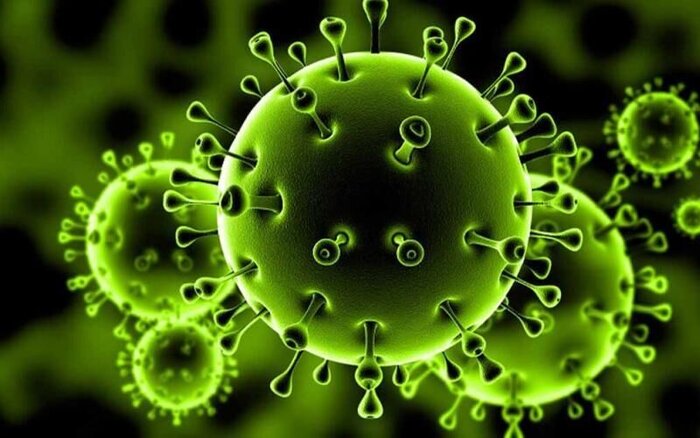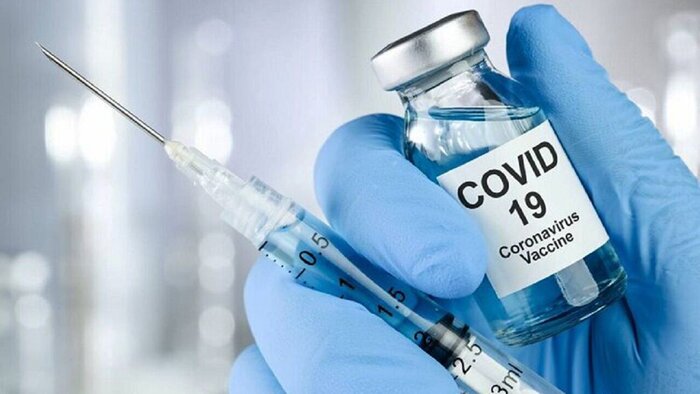Iran announced its first two deaths from the deadly virus on February 18, 2020. The toll prompted the government of President Hassan Rouhani to call on all health centers to be on high alert.
The country gradually started taking pre-emptive measures including the closure of schools and universities and cancellation of sports and cultural events.
Governmental organizations shortened work hours as well. Disinfection of different areas in the hardest-hit provinces including Tehran, Qom and Gilan was also carried out. Several health centers started getting coronavirus tests to identify the infected as soon as possible.
The government asked people to observe and follow health protocols as much as they could to contain the spread of the virus.
The protocols which included social distancing measures, gathering limits and use of face masks in public places became mandatory across the country as of April 2020.
According to figures registered by the Iranian Ministry of Health and Medical Education, the total confirmed cases of coronavirus were 1,405,414 as of Jan. 29, 2021, and the death toll stood at 57,807.
The ministry announced recently that some 1,196,374 COVID patients have either recovered or been discharged from hospitals.
Now, living nearly one year with COVID-19, the Iranians are hopeful to overcome the pandemic in the future, because the government has expressed support for the Iranian companies active in manufacturing safe vaccine for the disease.

***Producing or Purchasing
The reasons why Islamic Republic prefers to domestically manufacture COVID vaccines are that the Iranian authorities want to maintain public health, and they look skeptical about the effectiveness of foreign-made vaccines because there are reports of side effects and fatalities from certain vaccines.
Supreme Leader of the Islamic Revolution Ayatollah Seyyed Ali Khamenei has questioned the effectiveness of the US-made COVID vaccine, saying if the Americans managed to manufacture a COVID vaccine, their people would not have faced such a mess inside the United States. Solely in one day, some 4,000 people died from the disease in the country; so, the vaccine cannot be trusted, because the American officials try to test a vaccine on other nations.
Also as a result of hardships in procuring and purchasing foreign vaccines due to secondary US sanctions against third countries and companies, the Iranians pursue the path of producing coronavirus vaccine by themselves.

***Home-made COVID Vaccines
Iranian President Hassan Rouhani has recently stated that three domestic COVID vaccines manufactured by Iranian scientists will be mass-produced for millions of Iranians in late spring or early summer.
Iran's Deputy Minister of Health and Medical Education Iraj Harirchi said that the home-made vaccines will develop immunity even to a new UK coronavirus variant. The home-grown vaccines have satisfactory quality, he added.
Executive Office of the Order of Imam Khomeini conducted human trials of the coronavirus vaccine on December 29, 2020.
Mohammad Mokhber, chairman of the Office, underlined that no side effects have been seen from Iranian volunteers who received the home-made COVID vaccine in the human trial phase.
Mohammad Vojgani, head of the Iranian Society for Immunology and Allergy, emphasized that the country has the know-how to manufacture the COVID-19 vaccine and that domestically-produced vaccines would hit the market within a half-year period.
Iran is definitely capable to produce coronavirus vaccine, he added.
The World Health Organization spokesperson Tarik Jasarevic hailed Iran's effort to carry out a human trial of a home-grown COVID vaccine, noting that WHO welcomes all vaccine development programs around the world.
*** Joint Cooperation with Cuba
The Islamic Republic also seeks to procure the required vaccines from sources whose vaccines have had lesser side-effects in human trials and seem to be also more cost-effective.
Mostafa Ghanei, head of the national anti-coronavirus headquarters, said that the country is going to kick off an injection of a joint vaccine manufactured by Cuba and Iran from February 2021.
Ghanei also said that six or seven Iranian companies are working round the clock to produce coronavirus vaccine; however, it is expected that nationwide vaccination will be in next spring.
According to the official, medical personnel and then elderly people who are over 65 are the top priorities to get the first shots of the COVID-19 vaccine throughout the country.
Alireza Biglari, Director General of the Pasteur Institute of Iran (IPI), pointed to the institute's experience in producing vaccines within several decades, noting that the IPI is the first institute in the West Asia region, which has embarked on producing COVID vaccine.
He added that the Iranian institute and Cuba started cooperation around 20 years ago when Havana shared the technology of manufacturing a vaccine for the Hepatitis B virus.
Biglari also described the technology of producing the COVID-19 vaccine as one of the most advanced technologies, which is based on the production structure of the Pneumococcal vaccines that are safe and provide people with very good immunity.
The Pasteur Institute of Iran and Finlay Institute in Cuba signed an agreement to conduct human trial phases of coronavirus vaccine production in both countries.
Kianoush Jahanpour, the spokesman of Iran’s Food and Drug Administration, said that Tehran and Havana are working together to enhance their capacities in order to manufacture millions of doses of COVID vaccine.

***Cooperation between government and citizens
In addition to the aforementioned measures to pave the way for overcoming the pandemic, it seems it is necessary for Iranian citizens and governmental organizations to collaborate.
It is obvious that governments in every country could not contain the disease without cooperation by their fellow citizens, because states can determine restrictions and try to equip hospitals, but eventually, people are the ones who should observe regulations, avoid gatherings, wash their hands and keep social distancing to help their governments succeed in crisis management.
Jabbar Rahmani, Iranian anthropologist and academic, wrote a book named “The culture of coronavirus; the challenges of Iranian culture in dealing with the COVID crisis,” to point to the fact that the coronavirus pandemic has imposed new norms of lifestyle on the world nations, including the Iranian people, who have had special norms and habits, but they have been forced to limit their family gatherings, although it is very hard for them.
Based on the facts and figures, efforts made by Iranian officials and people to battle COVID-19 seem to have been fruitful, as the number of daily fatalities from the virus has remained below 100 for a month now, and dropped from its peak of over 400 a day in November.
**1483**1424
Follow us on Twitter @IrnaEnglish
IRNA English solhkhabar | Peace International News Agency Peace International News Agency , Peace News , International Agency News of Peace
solhkhabar | Peace International News Agency Peace International News Agency , Peace News , International Agency News of Peace